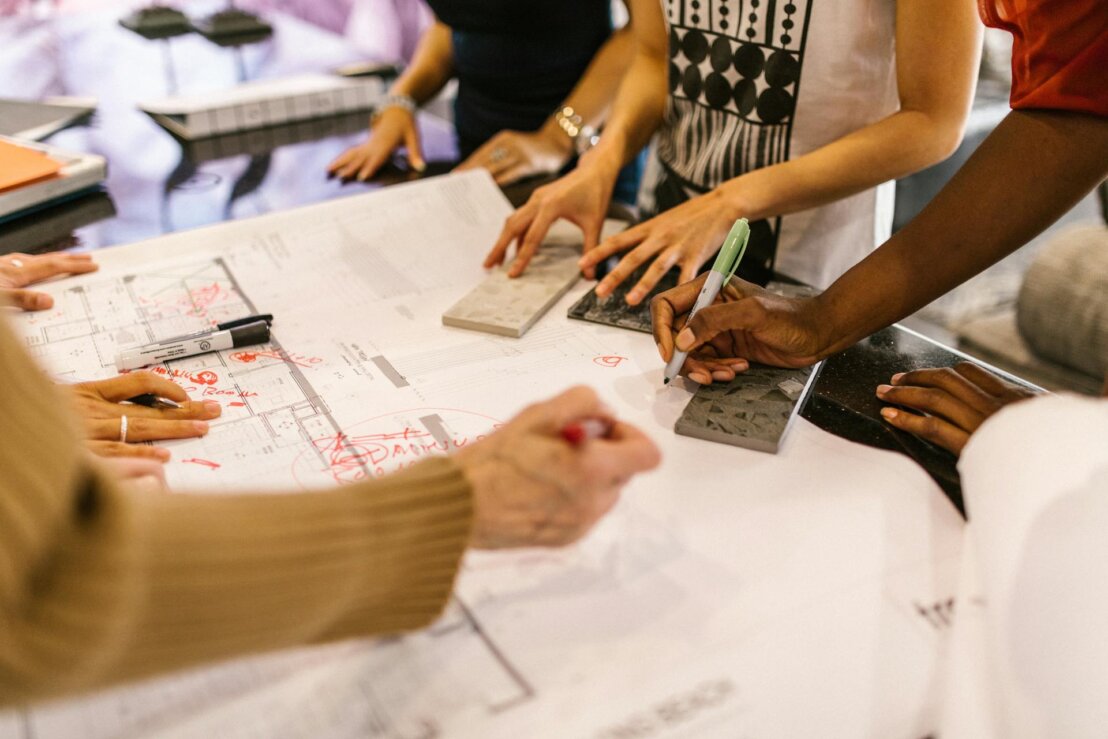FühlZeitLand initiative
KuckucksWohn models / conversion models
Living with Elective Affinities
Living with Elective Affinities
Many property owners have a large part of their assets tied up in their properties and need liquid funds to top up their pensions, finance renovations or provide care services.
Our initiative " KuckucksWohnen " starts here and offers cooperative solutions in which a regional cooperative takes over shares in properties and develops sustainable housing solutions together with the owners.

There are various funding models in Germany for the creation of living space or conversions that make ecological and energy sense, depending on the type of project and individual goals. Here are some possible funding options and forms of support that could be considered, especially in connection with the KuckucksWohnen projects (conversions, renovations and social housing models):
1. KuckucksWohnen and Cooperative Models
• Regional cooperatives : The concept of regional cooperatives that take shares in real estate offers a flexible option for real estate use and financing. Alternative models such as life annuities, usufruct, leasehold or partial sale could be used here to create liquidity and at the same time secure the property for communal use or as intergenerational living.
• Promotion of cooperatives : In many regions there are specific programs to promote cooperatives that invest in social housing or offer alternative forms of housing.
• Possible support : In addition to bank financing, state funding programs can also be relevant for cooperatives that create barrier-free or intergenerational housing. These include, for example, funding from the KfW Bank in the areas of “energy-efficient construction” or “age-appropriate conversion.”
2. Construction and reconstruction measures: extensions, additions, renovations
• KfW funding programs : The KfW (Kreditanstalt für Wiederaufbau) offers numerous programs for new buildings, conversions and renovations, including:
o KfW Energy Efficient Renovation : For renovations and energy improvements to existing buildings.
o KfW Energy Efficient Construction : For the construction of new energy-efficient houses or for the conversion of existing buildings into more energy-efficient living spaces.
o KfW Age-Appropriate Conversion : Funding for conversions that make living easier in old age, for example through barrier-free access or larger doors.
• Tax depreciation : There are also tax incentives available for energy-efficient renovations and the conversion of existing buildings. This can take the form of special depreciation or tax relief for energy-efficient measures (e.g. insulation, heating systems).
• Regional funding programs : Many federal states and municipalities also offer funding or grants for renovations. These programs are often aimed at promoting sustainability, ecological measures or the creation of barrier-free housing.

3. Ecological conversion and energy renovation
• KfW energy efficiency programs : In addition to the programs already mentioned to promote new buildings and renovations, KfW also offers funding for energy-efficient building technologies such as heat pumps, solar systems, renewable energies or the improvement of thermal insulation.
• Federal funding for efficient buildings : Another KfW program that is particularly important for ecological renovations and refurbishments is the BEG. It covers all energy-related renovation measures that lead to a better CO2 balance and a more sustainable use of buildings.
• Energy support for self-sufficiency : The switch to renewable energies, especially in self-sufficient gardens or by growing plants for one's own food production, could be supported by funding such as the Renewable Energy Sources Act (EEG).
4. Promotion of shared housing and intergenerational living
• Federal Ministry for Family Affairs, Senior Citizens, Women and Youth (BMFSFJ) : Funding programs for senior citizens’ housing, particularly for the implementation of multi-generational housing or intergenerational projects, could be applied here.
• Local housing associations and foundations : Some non-profit housing associations and foundations also offer support for the development of intergenerational shared housing or integrative housing projects. What is particularly interesting here is that both new buildings and conversions of existing buildings are often supported.
5. Financial and legal support
• Partial sale and reverse mortgage : If the owners need liquidity, models such as partial sale (sale of shares in the building) or reverse mortgages (where the property serves as collateral but the owner continues to live in it) are possible solutions. These models are offered by banks or specialised providers, but can also be coordinated by cooperatives or (regional) initiatives such as KuckucksWohnen .

